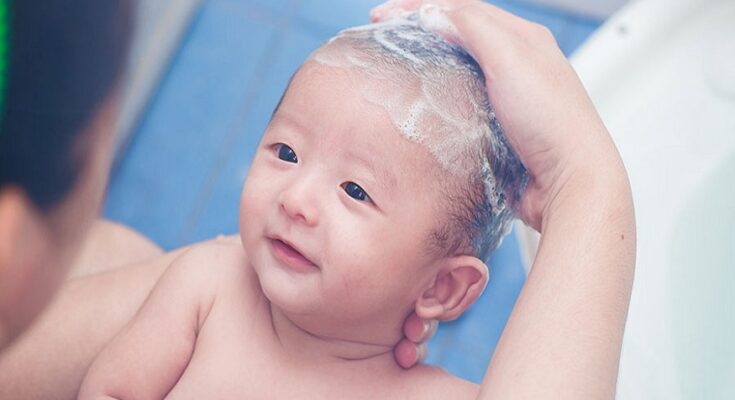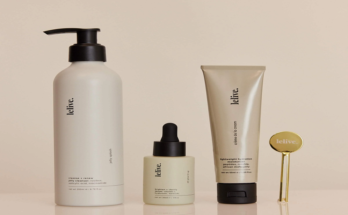Numerous parents treat shampoo as their main hair care solution for their children yet fail to recognize how natural conditioners could protect their baby’s hair from damage while enhancing its health. Although newborns display various hair traits ranging from dense curls to fine strands they all benefit equally from gentle nutritive effects of natural conditioners. The argument for proper natural baby hair conditioner is greater as kids get older and their hair gets thicker.
1.Tangle-Free Tears: Gentler Combing Experiences for Parent and Child
A commonplace activity may rapidly turn into a difficult struggle while trying to detangle a wriggling baby’s hair. Natural conditioners make every hair strand smooth, which greatly lessens the friction between hairs that leads to uncomfortable knots and tangles. For both the infant and the caregiver, combing is more simple and less stressful thanks to this lubricating effect. Natural conditioners that contain plant-based components like slippery elm and marshmallow root offer superior slide without covering hair like synthetic silicones do. Parents frequently observe instant manageability gains, transforming crying hair-combing sessions into calm daily rituals.
2.Balanced Moisture: Supporting Healthy Scalp Without Heavy Residue
Natural conditioners work well to meet the sensitive moisture needs of a baby’s scalp and hair. Your baby’s natural state benefits from natural conditioners which preserve moisture levels while artificial alternatives might result in hair buildup and synthetic coating. The combination of aloe vera and coconut oil and shea butter penetrates hair properly but avoids interfering with sebum production from the scalp. The holistic approach tackles common conditions such as cradle cap and scalp flakiness without damaging either dryness or oiliness levels.
3.Allergen Reduction: Minimizing Reaction Risks for Sensitive Systems
Babies are more susceptible to the irritants and allergens present in traditional hair products because of their developing immune systems and skin barriers. Synthetic scents, preservatives, and harsh surfactants—which may cause allergic reactions—are often not included in natural conditioners. Ingredients produced from plants usually offer good conditioning advantages with less reactivity hazards. The lower chemical exposure that natural formulations offer is especially valued by parents of kids with eczema, sensitive skin, or known allergies.
4.Environmental Wisdom: Teaching Sustainability Through Early Choices
Long before our kids grasp specific teachings, the goods we choose for them convey our beliefs. Biodegradable formulas and ingredients acquired sustainably reduce the environmental effect of natural baby conditioners. To further lessen their environmental impact, many are packaged in recyclable or reduced-plastic materials. You may create consumer habits that respect the health of the earth by introducing your child to natural choices at a young age.
5.Nutrient Delivery: Nourishing Developing Hair Follicles Naturally
Beneficial vitamins, minerals, and plant chemicals are directly delivered to growing hair follicles and scalp tissue by natural conditioners. Rice proteins aid in damage healing and the protection of fragile hair strands, while ingredients such as avocado oil offer necessary fatty acids that reinforce hair structure. Instead of obstructing normal development, these organic nutrients complement the body’s natural growth processes. Natural conditioners let the scalp breathe naturally while absorbing healthy substances, in contrast to synthetic ones that could obstruct nutrients with thick silicone coatings.
Conclusion
Beyond just making your hair seem better, buy kids skin care products via Little Rituals has important advantages. Parents create healthy grooming habits and offer noticeable benefits in terms of comfort, health, and environmental effect by selecting natural formulas. In addition to promoting present hair health, these early decisions provide guidelines for long-term hair care practices that honor both individual well-being and environmental constraints. Making the slight adjustment to natural conditioning is a considerate investment in your child’s future and comfort.




